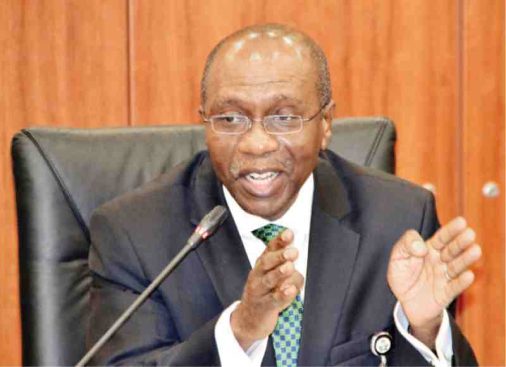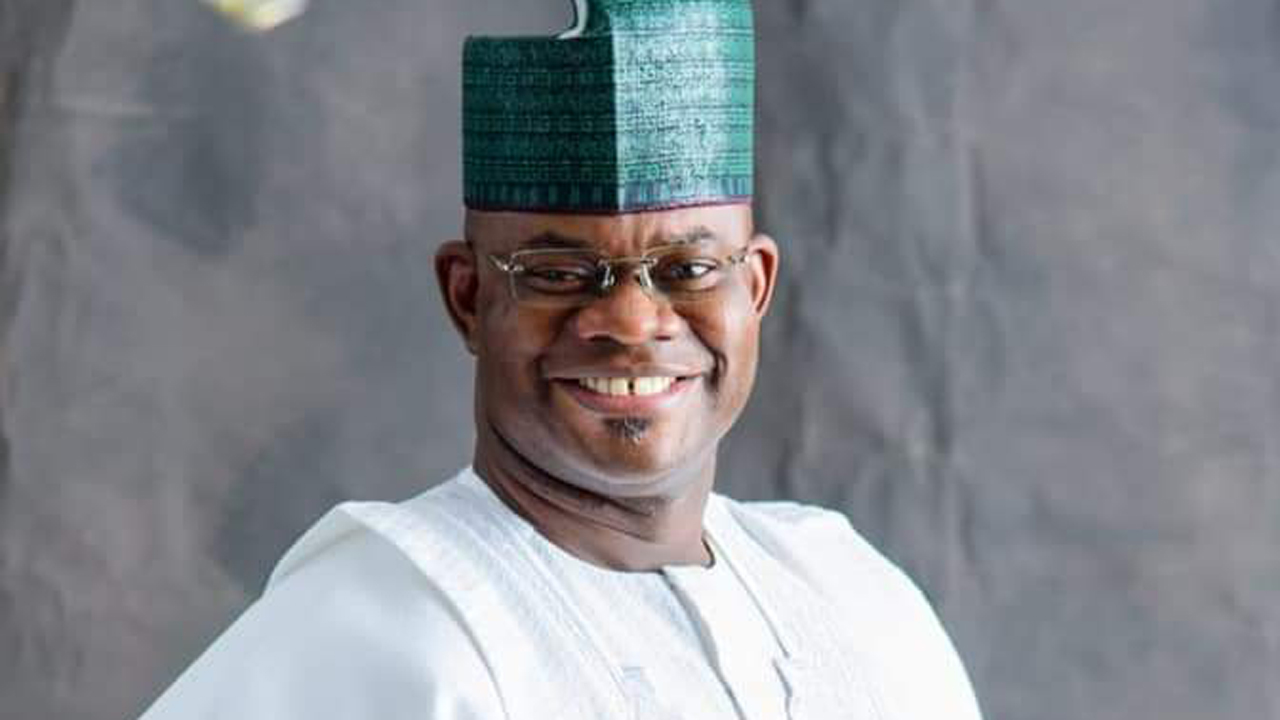17 election matters pending on Buhari’s desk

Many innovative issues dealt with by the National Assembly in the Electoral Act No.6 2010 (Amendment) Bill 2017 may not feature in the 2019 general elections as President Muhammadu Buhari has kept the bill in abeyance since April 2018. Senate President Bukola Saraki alluded to the delay in signing the bill into law in the National Assembly leadership’s world press conference on Wednesday. The following are some of those vital issues which may be swept under the carpet over political considerations:
- Giving INEC powers to do full biometric accreditation of voters with smart card readers and other technological devices.
- Electronic transmission of accreditation data and results from polling units to collation centres by presiding officers.
- Recording accreditation data and polling results in prescribed documents before transmitting them to collation centres.
- Use of electronic voting method.
- INEC mandated to keep electronic registers of voters.
- Publication of voters’ registers on INEC’s official website for public scrutiny at least 30 days before an election.
- INEC to keep National Electronic Register of election results as a distinct database
- Election results to be collated electronically .
- INEC to record details of electoral materials – quantities, serial numbers used to conduct elections to ensure proper tracking.
- Death of candidates in election: parties whose candidate dies before the conclusion of an election has a 14-day window to conduct a fresh primary while INEC has 21 days to conduct a fresh election.
- Political parties polling agents can inspect original electoral materials before commencement of elections
- No party can impose qualification/disqualification criteria, measures of conditions on any Nigerian for the purpose of nomination for elective offices, apart from 1999 Constitutional provisions.
- Election of a winner of an election shall not be challenged on grounds of qualification.
- Political parties can determine the ad-hoc delegates to elect candidates of parties in indirect primaries to curtail the misuse of powers by party executives to influence or rig party primaries.
- Parties can no longer impose nomination fees on aspirants. Rules are Concillorship (150,000); Area council chairmanship (N250,000); House of Assembly (N500,000); House of Reps (N1 million); Senate (N2 million); Governorship (N5 million); President (N10 million).
- Reform of elections into local government.
- INEC officials can no longer disobey a tribunal order for inspection of electoral materials. They face two years in jail without option of a fine.
Some of these amendments are in reaction to ugly experiences that attended to 2015 and other recently conducted elections. For all indications, they may not be signed into law before the next election, meaning the resources that went into the processes that led to their passage by both Houses of the National Assembly have been wasted. President Buhari should act fast.
The Insight Report
Nigeria Coverage



